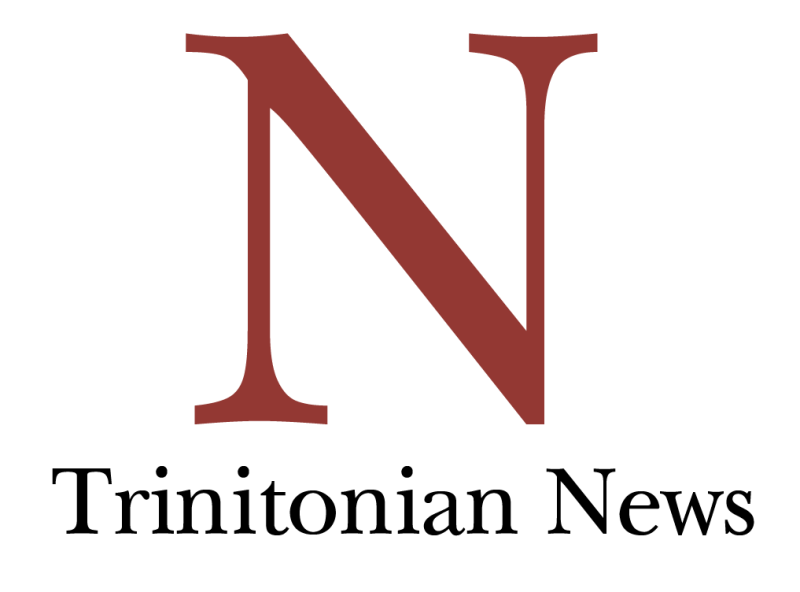Students discussed Trinity’s racial climate in a town hall event held by the Trinity Progressives last Wednesday.
The event centered around student concerns that were recorded by co-presidents of the Trinity Progressives, sophomores Nick Santulli and Beth Legg, who will share the responses with a committee in the future and discuss strategies to aid problems.
At the beginning of the event, students walked into the Bell Center dance studio and were asked to respond to questions regarding Trinity’s campus climate on post-it notes.
Questions written on posters asked students: “What words come to mind when thinking of Trinity’s racial climate?” Responses included “misunderstood,” “silenced,” “tragic” and “average.”
Another question asked students: “If you could change one thing about the racial climate at Trinity, what would it be?” Students wrote: “greater awareness,” “more diversity,” “more conversations about race” and “make racial discussions a part of NSO.”
The town hall was attended by around 30 students who were assigned to small groups to assess the campus racial climate.
In one small group, discussions ranged from the issue of “colorblindness,” being called “exotic” or “Oreo.”
In regards to being called “exotic,” one student shared, “When people say I’m “˜exotic,’ what does that mean? That I’m not white?”
After spending time discussing personal racial issues in small groups, students transitioned to a large group to express their concerns together.
Bria Woods, senior communication major, led the large group discussion.
“There was a much larger turnout than I was anticipating. There were a lot of faces that showed up that I wasn’t expecting. It was a diverse population just within the forum itself. I thought it was really encouraging,” Woods said.
Cairo DeGaillard, senior mathematical finance major, was interested in learning how others felt about the racial climate.
“I want to hear what other people have to say about the racial climate. I want to voice my own opinions about the racial climate, because I don’t think students understand that they’re insensitive to certain racial issues. Even general things like [saying] “˜Oh my god, can I touch your hair?’ or making jokes about ISIS,” said DeGaillard.
Continued from Front
In the large group, students discussed many topics, including the tendency for students of the same ethnic groups to group together.
One student shared, “We also need to remember that white students hang out together too. It’s not just Latinos and African Americans who stick together.”
DeGaillard suggested that students can maintain a positive racial climate by holding more events together.
“Once a year, the Black Student Union has a dinner with Dean Tuttle where we discuss how we feel about racial issues on campus, and it has been very positive. Perhaps we could have more dinners or discussions about racial climate between cultural groups,” DeGaillard said.
Woods is looking forward to including faculty in future discussions.
“It matters so much to me that faculty are involved in the conversation. It can’t just be student-led. At the end of the day, it has to be a campus-wide attitude,” Woods said.
Woods said it is common for students to think that others are uncomfortable about discussing race.
“Everyone thinks everyone else was uncomfortable. It turns out everyone there was like “˜I would love to talk about it, you can ask me anytime,'” Woods said.
The town hall was intended to give students a platform to share and learn from each other, according to Santulli.
“All the students were really open and all the students were really excited to share. I think this was an event that students really felt a need for and people wanted to have,” Santulli said. “I’m excited for the prospects of the future. A lot of interesting points of view were brought up that I’d never heard before. I learned a lot.”







